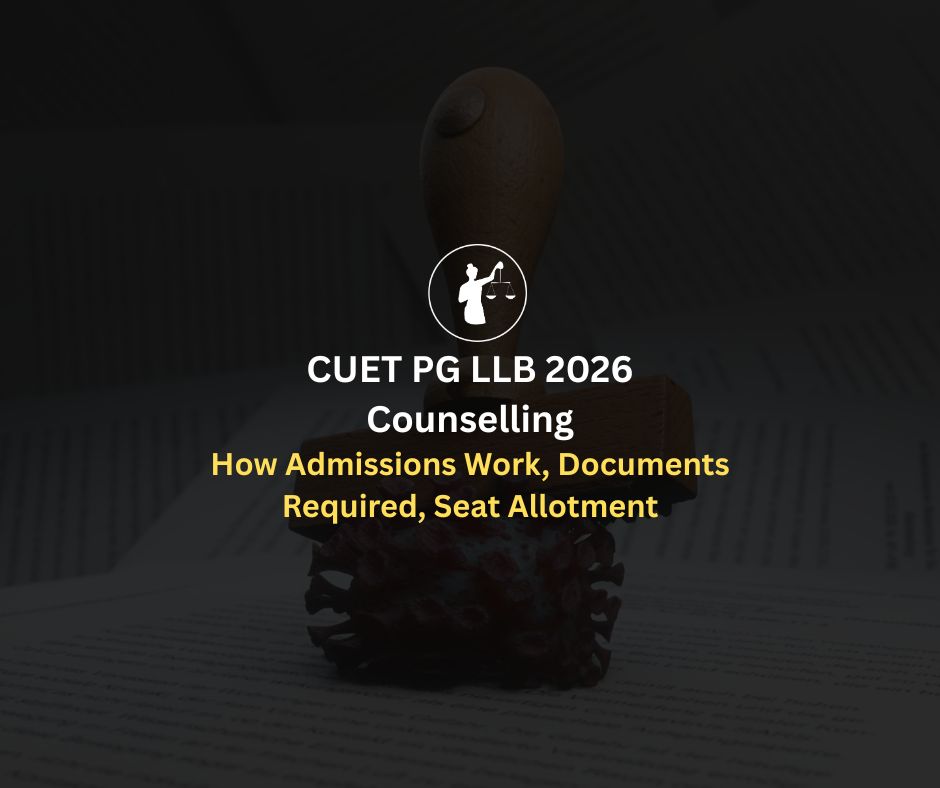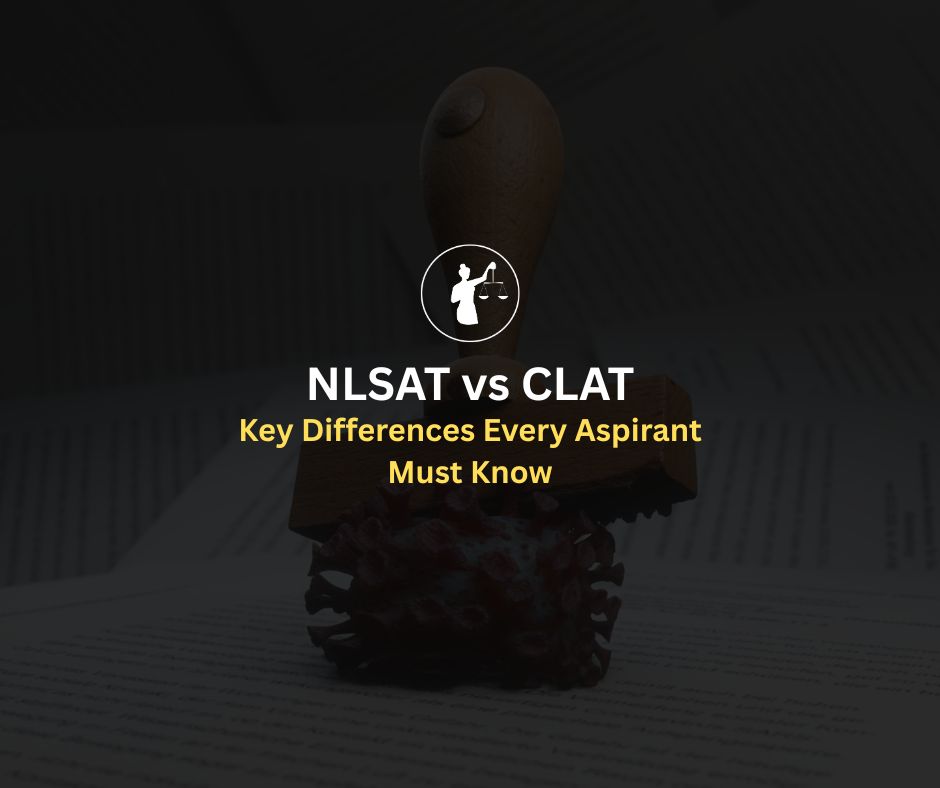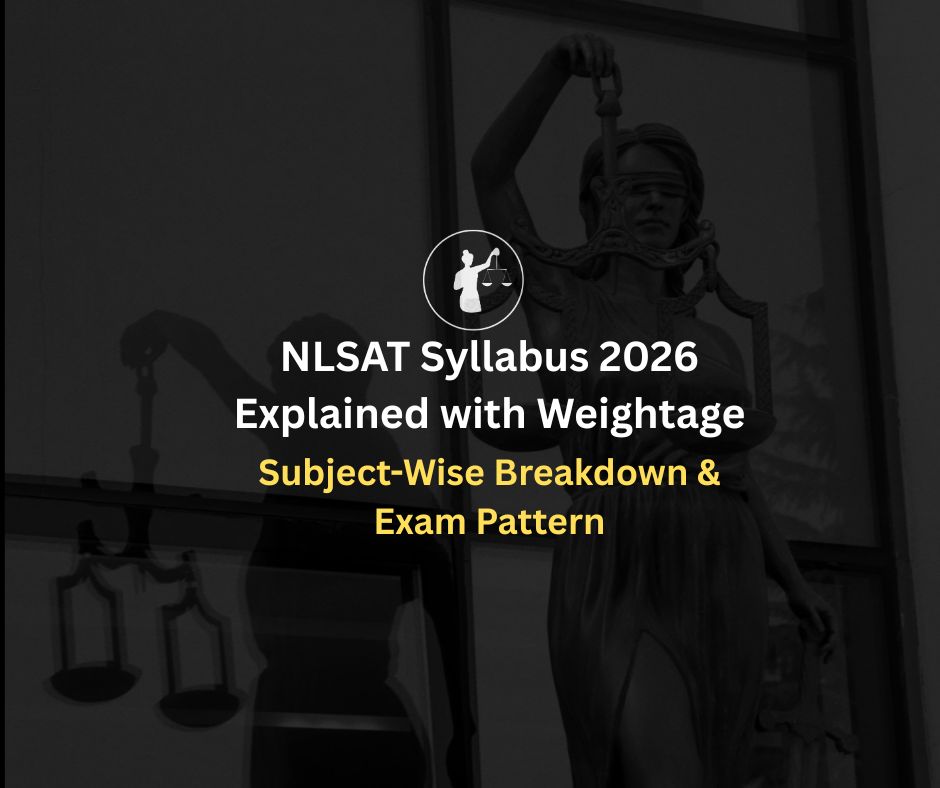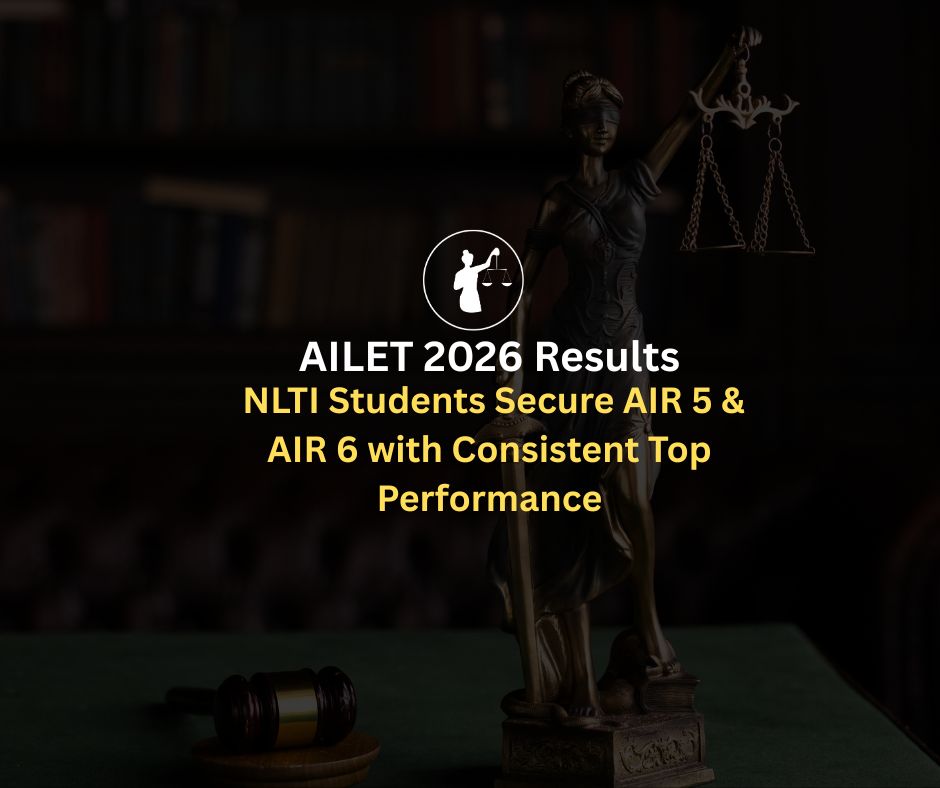The National Law School Admission Test (NLSAT) is one of the most prestigious law entrance exams in India, offering admission to the coveted three-year LLB program at the National Law School of India University (NLSIU). Known for its unique structure and emphasis on legal aptitude and analytical reasoning, the exam has consistently set high standards for law aspirants.
As the NLSAT evolves with each passing year, many candidates are wondering: Is NLSAT 2025 going to be tougher? In this blog, we delve into the emerging trends, identify the challenges aspirants face, and share strategies to overcome them.
NLSAT Online Coaching and Mentorship
1. Growing Competition
Rising Number of Aspirants
The popularity of the three-year LLB program has grown exponentially, attracting aspirants from diverse academic backgrounds, including engineers, humanities graduates, and even working professionals.
- Trend:
The number of applicants has increased over the years, while the number of available seats remains limited. This rising demand has heightened the level of competition. - Challenge:
With thousands of candidates vying for a handful of seats, the margin for error has become smaller than ever.
Action Plan:
- Start Early: Begin your preparation months in advance to cover all topics thoroughly.
- Structured Preparation: Follow a systematic approach, focusing on both Part A (Objective) and Part B (Subjective).
- Seek Guidance: Consider joining NLSAT coaching programs for expert mentorship and structured preparation.
2. Increasing Focus on Analytical and Writing Skills
Shift in Weightage Between Objective and Subjective Sections
NLSAT is designed to assess not just your knowledge but also your ability to think critically, write clearly, and analyze legal concepts. This is reflected in its two-part structure:
Part A (Objective): Tests general knowledge, current affairs, and analytical reasoning.
Part B (Subjective): Includes essay writing and legal reasoning through short-answer questions.
Trend:
There is a growing emphasis on Part B, as the subjective section tests the skills that are crucial for legal practice. Evaluators look for well-structured, logical, and articulate answers.
Challenge:
Many candidates struggle with subjective questions due to insufficient practice in essay writing and argument formulation.
Action Plan:
- Dedicate regular time to practice essay writing on legal and socio-political topics.
- Use frameworks like IRAC (Issue, Rule, Application, Conclusion) for structuring your short-answer responses.
- Enroll in coaching programs to gain expert feedback on your writing skills.
3. Rising Importance of Current Affairs and Legal Updates
Dynamic Nature of Questions
The NLSAT gives significant weightage to current affairs, particularly legal updates, landmark judgments, and socio-political issues.
- Trend:
Recent exams have shown a shift toward scenario-based questions rooted in current legal developments, requiring candidates to not only know the facts but also analyze their implications. - Challenge:
Staying updated with the rapidly changing legal and political landscape can be daunting for aspirants.
Action Plan:
- Read newspapers like The Hindu and Indian Express daily for current affairs.
- Follow reputed legal news platforms like LiveLaw and Bar & Bench for updates on landmark judgments.
- Maintain a dedicated notebook for recording key legal developments for quick revision.
4. Higher Standards of Essay Writing
Quality Matters More Than Quantity
Essay questions in Part B are evaluated on the basis of argumentation, coherence, and logical flow. Evaluators prioritize clarity of thought and depth of understanding over lengthy answers.
- Trend:
Essays are becoming more nuanced, requiring candidates to analyze a topic from multiple perspectives. - Challenge:
Writing concise, impactful essays within the given time frame is a skill that many aspirants struggle to master.
Action Plan:
- Practice essays on topics related to current legal issues, constitutional law, and public policy.
- Develop a habit of outlining your essays before writing to ensure logical structure.
- Seek feedback from mentors or peers to refine your writing style.
5. Complexity of Legal Reasoning Questions
Scenario-Based Approach
Legal reasoning questions in NLSAT test your ability to apply legal principles to real-life situations, demanding a strong grasp of legal concepts and critical thinking skills.
- Trend:
Recent exams have included more scenario-based legal reasoning questions, moving away from straightforward theoretical ones. - Challenge:
Candidates who rely solely on rote memorization struggle to adapt to this applied approach.
Action Plan:
- Study landmark cases to understand the practical application of legal principles.
- Solve previous year papers and legal reasoning exercises regularly.
- Focus on developing an analytical mindset rather than memorizing answers.
6. Limited Seats and Higher Cut-Offs
Tougher Competition for Fewer Seats
The limited number of seats in NLSIU's three-year LLB program, coupled with rising competition, has led to higher cut-offs in recent years.
- Trend:
Cut-offs have consistently risen, reflecting the increasing number of well-prepared aspirants. - Challenge:
Even a small dip in performance in one section can significantly affect your overall rank.
Action Plan:
- Aim for consistent scores across all sections.
- Focus on accuracy in Part A and articulate answers in Part B to maximize your score.
- Take multiple mock tests to build confidence and track your progress.
7. Need for Effective Time Management
Balancing Speed and Accuracy
Time management is critical during the NLSAT, especially as candidates need to switch seamlessly between objective and subjective sections.
- Trend:
Many candidates struggle to complete both sections within the allotted time, leaving questions unanswered. - Challenge:
Balancing speed with accuracy and clarity is key to performing well in the exam.
Action Plan:
- Practice full-length mock tests to develop time management strategies.
- Allocate specific time slots for each section and stick to them during the exam.
- Focus on your strengths first to secure quick marks before tackling challenging questions.
8. Growing Pressure to Stand Out
Rising Expectations from Evaluators
With the increasing pool of talented candidates, evaluators are raising the bar for selection, looking for aspirants who demonstrate both depth of knowledge and practical skills.
- Trend:
Candidates are expected to showcase not only their understanding of the law but also their ability to think critically and write persuasively. - Challenge:
Striking a balance between mastering the syllabus and developing critical skills can be overwhelming.
Action Plan:
- Build a well-rounded skill set that includes legal knowledge, analytical reasoning, and writing proficiency.
- Seek mentorship from experts or join NLSAT coaching programs to gain a competitive edge.
- Stay consistent and disciplined in your preparation to ensure steady progress.
Final Thoughts
As the NLSAT 2025 approaches, it is clear that the exam is evolving to meet higher standards. From rising competition to increasing emphasis on analytical and writing skills, the challenges are real. However, with strategic preparation, disciplined effort, and the right guidance, you can overcome these hurdles and secure your spot at NLSIU.
Whether you choose self-study or opt for NLSAT coaching, focus on developing a comprehensive preparation plan that addresses both your strengths and weaknesses. Remember, success in NLSAT is not just about working hard but also about working smart.





